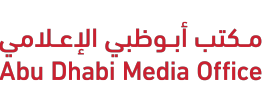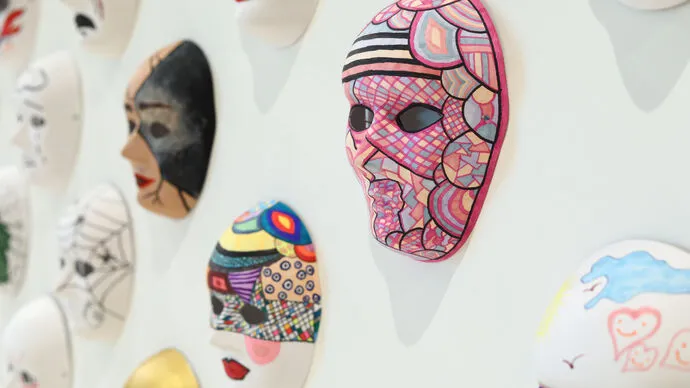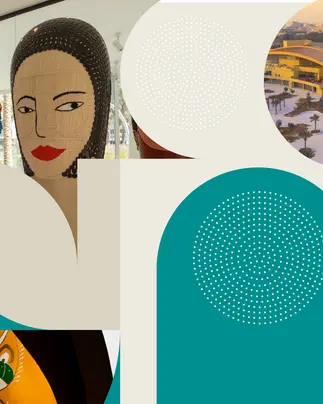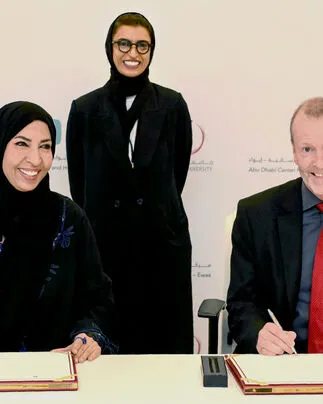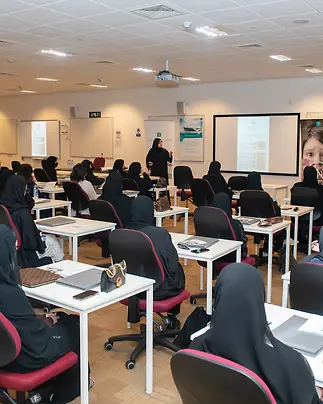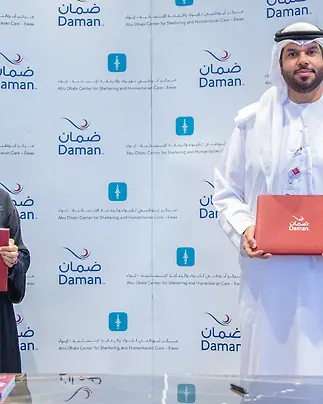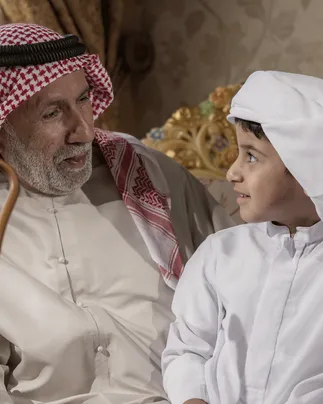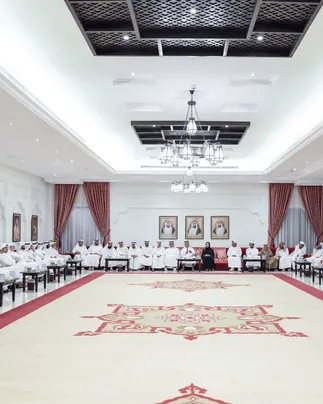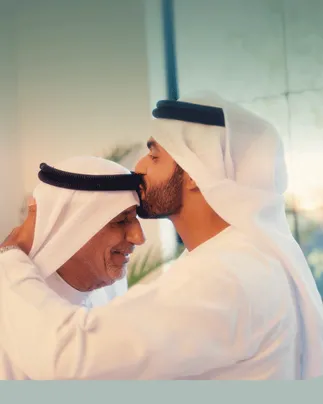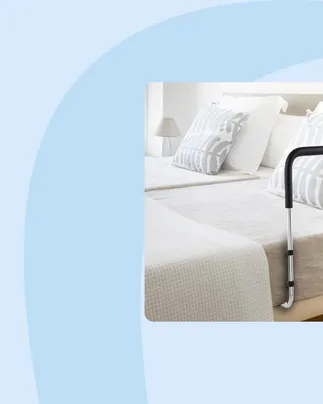The inaugural Art Therapy Conference in the MENA region has shed light on the future of art therapy. Held under the theme Empowering through Creativity, the conference was held on October 17 and 18 at ERTH Abu Dhabi, and marked a pivotal moment for the region as it acknowledged the critical role of art therapy in enhancing emotional well-being.
During the two-day conference, organised by The Abu Dhabi Center for Sheltering and Humanitarian Care – Ewaa, an affiliate of the Department of Community Development (DCD), experts underscored the significant strides being taken to adapt art therapy approaches to incorporate the rich tapestry of cultural nuances unique to the MENA region. These initiatives aim to make art therapy even more effective in addressing the specific needs and challenges of the community.
Marking a significant milestone in the region, the event dedicated to the cause of Art Therapy welcomed 1020 participants, 23 renowned speakers, attendance of 56 esteemed institutions and six interactive activities. It sets a new standard, becoming the region's very first conference to achieve this level of distinction.
Sarah Shuhail, Director-General of Ewaa, said: “The use of art for therapy has been around for generations all over the world but in the region, it’s still a nascent science. With conferences such as this – the first Art Therapy Conference in the MENA region – we hope to create awareness of art as a medium to heal. The response has been overwhelming. We’ve had speakers from the US, UK, Australia, Kuwait, KSA and Qatar and we hope this event fosters a greater exchange of ideas and thoughts, ultimately benefitting us all.”
Saudi Arabia-based Dr Awad Mubarak Al-Yami, who has been an art therapist for 30 years, said: “The conference was a gift for me, personally and professionally. I've been waiting for something like this. The future of art therapy is a bright one. With over 30 years of experience, I can see art therapy moving forward. Sometimes it just goes slowly and sometimes goes fast. This is just natural for a new field of knowledge. From now on, I believe it will flourish. We probably will be able now to partner with different government companies, institutions, and so forth to build what is needed for the community.”
Dr Amar Behbehani, founder of Shore Consultancy and first certified Art Psychotherapist in Kuwait was proud to represent her country at the first art therapy conference in the region.
Dr Amar Behbehani said: “To share knowledge is a special moment for us as art therapists because it's the first conference in the Middle East. It's the beginning of beautiful things. It's the beginning of scientific journey. It's the beginning of a creative journey, and hopefully, more collaborations.
“We need yearly conferences where [knowledge is being shared] and people are learning new skills. Also, we need representation of our [type of] therapy, from the Middle East, in other continents of the world.”
Sara Powell, UAE-based ATIC Psychological & Counselling Center Founder and art psychotherapist, believes the conference helps spread awareness of art therapy. She says art therapy helps non-verbal people communicate.
Sara Powell said: “It helps to understand the scientific benefits of applying art therapy; we have a whole segment of our community who are non-verbal - how do we support those? If it's just verbal-related therapies, we are limiting ourselves - it's another option. The future of art therapy has been started here in the UAE, and we're seeing it grow in the region. We're very optimistic that [it will continue to grow].”
Natalia Gómez-Carlier, also from ATIC UAE, explained the importance of taking into account cultural factors when undertaking therapy.
Natalia Gómez-Carlier said: “We [Sara and I] presented our work on truly adopting our therapy to the UAE, considering factors that differentiate the individual culture. The research is from the west, mostly developed in US and UK. If we take the research from these places, and try to apply it here, some of the work and findings won't translate well, culturally speaking. We need to be very careful in how we adapt and develop our therapy from an indigenous place, from this culture, and not just in the imports, and implement interventions from the West, even though we're western trained. We still need to have that layer of awareness.”
Clare Jerden, an Art Therapist who hails from Australia, was excited to see the interest her peers in the region showed towards art therapy.
Clare Jerden said: “I feel very excited to see the level of interest and the excitement of my fellow therapists who come from the Middle East and how energised and excited they are. “Based on what we've seen, [the future is] very exciting. The research is rich.”
Besides a number of intriguing speaker sessions, the conference featured four workshops, on Healing Trauma with Guided Drawing; How Client-Led Spirituality in Art Psychotherapy Can Support Trauma Work?; Transitions And Safety: Using Sensorimotor Art Therapy For Developing Creative Options To Support Our Clients; and Solution-Focused Brief Art Therapy.
Alongside the conference, there was also an exhibition on-site with nearly 100 artworks, highlighting their path to healing and recovery from trauma.
Art therapy is a universal practice that goes beyond language and culture, founded on the belief that creative expression possesses a distinctive capacity to bring about healing, empowerment and comfort. Ewaa, as the leading force behind this conference, is firmly dedicated to harnessing this potential to make a lasting difference.
For more information about the conference, visit: https://arttherapyconference.ae
